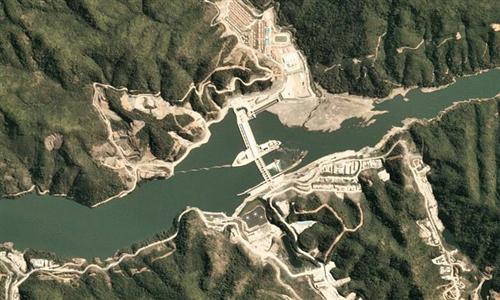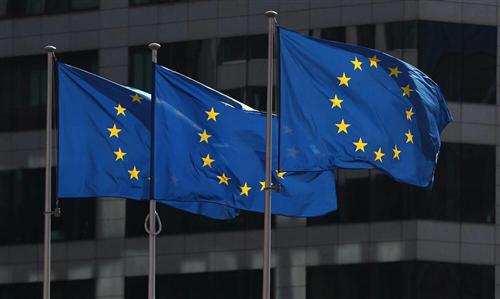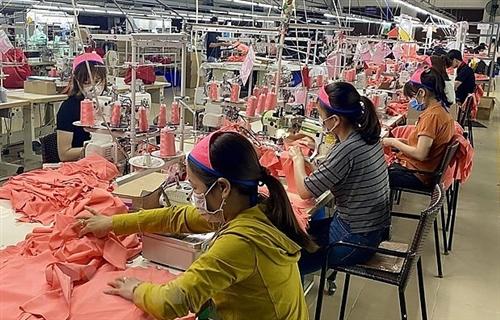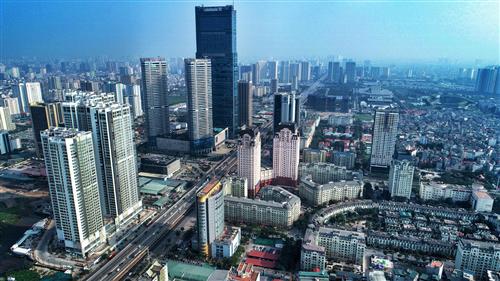Historic deal augurs trade renaissance
Historic deal augurs trade renaissance
Despite the cornonavirus crisis badly affecting the ASEAN and its partners, the Regional Comprehensive Economic Partnership (RCEP) remains slated to be inked later this year as scheduled, ushering in more eventual trade and investment opportunities for Vietnam.
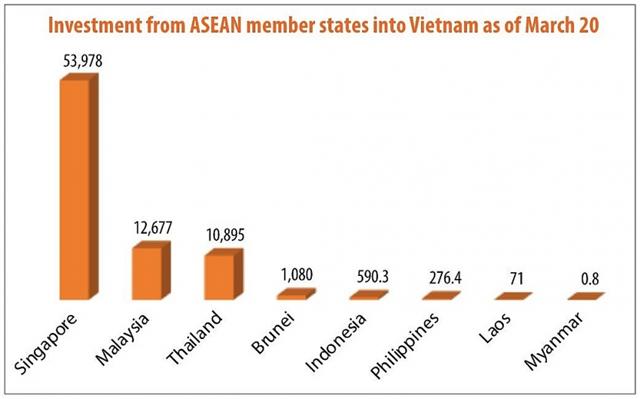 |
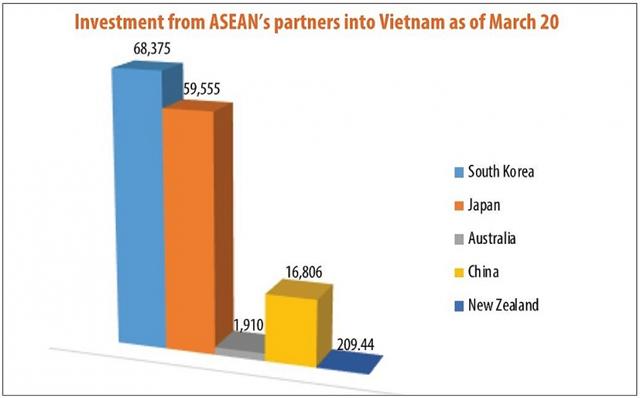 |
The 29th meeting of the RCEP Trade Negotiation Committee meeting organised last week in Jakarta saw member states agree that though COVID-19 is affecting ASEAN and its partners, the deal will be signed in October and is anticipated to enter into force either next year or at the very beginning of 2022.
Two weeks ago, at the 26th ASEAN Economic Ministers’ Retreat in Vietnam’s central city of Danang, ASEAN Secretary-General Lim Jock Hoi told media that the inking of the RCEP will be part of agenda at the ASEAN Summit this year in Vietnam, where the deal is expected to be signed. Despite COVID-19 spreading, it is expected that all technical negotiations will be concluded in May, so that the deal can be inked in October.
China’s Ministry of Commerce has also announced that it will continue plans for the signing of the agreement by the end of the year. At present, the countries are reviewing the legal texts for the RCEP.
The agreement, initiated by the ASEAN in 2012, is a free trade deal between the 10 member states of the association as well as China, Japan, South Korea, Australia, New Zealand, and India. However, India decided to withdraw from the RCEP last November.
At present, no specific levels of tariff reductions under the RCEP have been officially announced.
However, Ibnu Hadi, Indonesian Ambassador to Vietnam, told VIR that he saw positive impacts of the agreement on Vietnam’s economy, trade, and investment inflows.
“Such positive impacts will help Vietnam achieve higher economic growth and deepen the country’s business environment in regional and global value chains, allowing it to boost exports,” he said. “However, benefits depend on institutional reforms and preparations by state authorities and businesses.”
According to Hadi, the RCEP means numerous opportunities for Vietnam’s agricultural exports.
“Demand for these products from the deal’s member states is quite high, especially tropical agricultural products and processed food. In addition, China, which accounted for 30 per cent of the world’s total trade, is a huge market for Vietnam to boost exports,” the ambassador said.
The RCEP creates import and export opportunities and offers incentives on tariffs and regulations of origin, unified customs procedures and trade facilitation, and general rules to limit and control non-tariff barriers. The service markets will be more open, especially logistics and telecommunications services, and a better e-commerce platform. Enterprises are also looking forward to the RCEP to avoid the trend of trade protectionism and the impacts of the US-China trade war, Ambassador Hadi said.
Meanwhile, Raymond Mallon, senior economic advisor from the Australia-Vietnam economic reform programme, told VIR that the RCEP will enable Vietnam to attract more foreign direct investment (FDI).
“Vietnam already attracts levels of FDI that are well above regional and global averages as a percentage of GDP. While the RCEP will make other member countries more attractive FDI destinations, past experience suggests that the RCEP will likely contribute to sustained inflows of higher quality FDI into Vietnam,” Mallon said.
“Indeed, the agreement should make Vietnam an even more attractive investment destination by broadening opportunities for the country’s participation in the increasingly important regional production networks,” he said.
According to pan-Asia consultancy firm Dezan Shira & Associates, once the RCEP takes effect, it “would give Vietnamese enterprises the chance to boost exports, engage in new value chains, and attract further foreign investment. The cutting of import tariffs would open up new opportunities for products from its prominent sectors like telecommunications, ICT, textiles and footwear, and agriculture – all of which are continually growing with rising export turnovers.”
Under the RCEP, import tariffs for these products will be slashed remarkably upon the deal’s entry into force, and reduced to zero under roadmaps of between three and seven years.
For example, in the agricultural sector, Vietnam boasts great potential for agricultural production thanks to its favourable climate and soil conditions. The country is among the largest exporters of farm produce in the world, such as coffee, rice, pepper, fish, and shrimp. The agro-forestry-fishery export turnover last year hit $41.3 billion, up from $40 billion in 2018. In another case, Vietnam’s total textile and garment export turnover hit $39 billion last year, up from $36 billion in 2018.
Australia’s Department for Foreign Affairs and Trade has also released its update on opportunities to be created by the deal for Australian businesses.
For example, the RCEP will improve the investment environment across the RCEP region. It will provide greater certainty and confidence for Australian financiers by locking in existing conditions and capturing future unilateral liberalisation. It will include provisions aimed at investment facilitation.
Notably, the RCEP will include requirements not to discriminate against foreign investors from member countries. Besides that, the RCEP will include core funding protections, including rules requiring payment of compensation where an investment is expropriated, fair and equitable treatment, compensation for losses due to conflict and civil strife, and free transfer of investment-related capital without delay.





